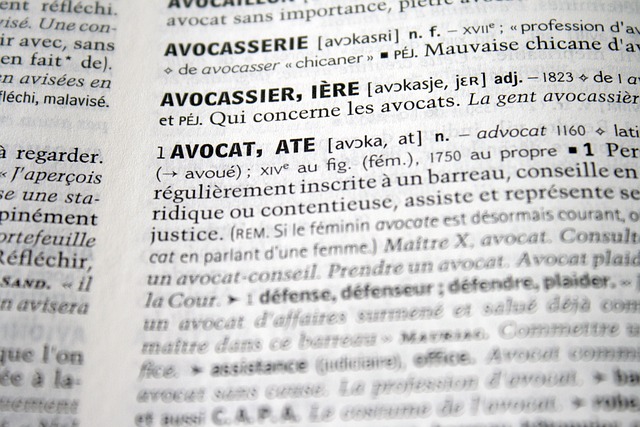Oregon residents facing criminal charges have strong criminal case rights, including silence and legal counsel. The Fifth Amendment and state laws protect against self-incrimination, with physical evidence unaffected. Legal counsel is vital for navigating investigations, challenging illegal actions, and ensuring privacy rights are upheld during evidence handling.
“Oregon residents facing criminal investigations face complex challenges. Understanding your criminal case rights is crucial for navigating this process successfully. This article delves into key protections available to Oregonians, focusing on self-incrimination, the role of legal counsel, and preserving evidence and privacy rights. By exploring these aspects, individuals can better grasp their legal standing and ensure their rights are upheld throughout investigations.”
- Understanding Your Criminal Case Rights in Oregon
- Protections Against Self-Incrimination
- The Role of Legal Counsel During Investigations
- Preserving Evidence and Privacy Rights
Understanding Your Criminal Case Rights in Oregon

In Oregon, individuals facing criminal charges have specific rights that are protected by law. Understanding these rights is crucial during any investigation or legal proceedings. One key right is the ability to remain silent; you are not required to answer questions that could incriminate yourself. Additionally, you have the right to an attorney, who can provide legal advice and representation throughout the process. This means you should refuse to sign any documents or make statements without first consulting with your lawyer.
Another important aspect is the right to a fair trial. This includes being informed of the charges against you, facing your accuser in court, and having access to evidence that will be used against you. It’s essential to know that these rights are designed to protect individuals from unfair treatment and ensure a just legal process. Familiarizing yourself with these criminal case rights in Oregon can empower you to navigate the system more effectively.
Protections Against Self-Incrimination

During Oregon investigations, individuals have specific protections against self-incrimination, which are crucial for safeguarding their legal rights in a criminal case. The Fifth Amendment to the U.S. Constitution provides that no person shall be compelled to be a witness against themselves. This means that you cannot be forced to provide testimony or evidence that could potentially incriminate you. In Oregon, this right is further reinforced by state laws and judicial precedents, ensuring that citizens are protected from making statements that may later be used against them in court.
Understanding these protections is vital for anyone facing an investigation. If you exercise your right against self-incrimination, anything you say or write down cannot be used as evidence against you. This includes oral or written communications with investigators, attorneys, or even informal discussions about the case. However, it’s important to note that this protection doesn’t extend to physical evidence or documentary proof unrelated to your statements. Always remember your rights and consult with a legal professional for guidance throughout an investigation to ensure they are protected in accordance with Oregon law.
The Role of Legal Counsel During Investigations

Having legal counsel present during Oregon investigations is a crucial step in protecting one’s rights, especially in a criminal case. An experienced attorney serves as a safeguard against potential legal pitfalls and ensures that the individual’s constitutional rights are not infringed upon. They provide guidance on the process, helping to navigate the complex legal landscape and ensuring all procedures are followed correctly.
The presence of legal counsel enables a comprehensive understanding of one’s rights and options, allowing for informed decisions. In a criminal investigation, this is vital as it helps in challenging any illegal search or seizure, ensuring the admissibility of evidence, and protecting against self-incrimination. With their expertise, legal representatives can also facilitate communication with investigators, providing clarity and preventing misunderstandings that could hamper the case.
Preserving Evidence and Privacy Rights

In Oregon investigations, preserving evidence and protecting privacy rights are paramount. Individuals have legal safeguards designed to protect them during this critical phase. One of the most important aspects is ensuring that all evidence collected is done so properly, maintaining its integrity for potential use in a criminal case. This includes digital evidence, documents, and physical items, which must be handled with care to avoid any tampering or loss.
Privacy rights are equally vital. Oregon laws strictly regulate how personal information can be used and disclosed during investigations. Individuals have the right to know what data is being collected about them and who has access to it. Balancing these privacy protections with the need for effective law enforcement requires meticulous documentation and adherence to strict legal protocols to safeguard both the rights of citizens and the integrity of the investigation process.






